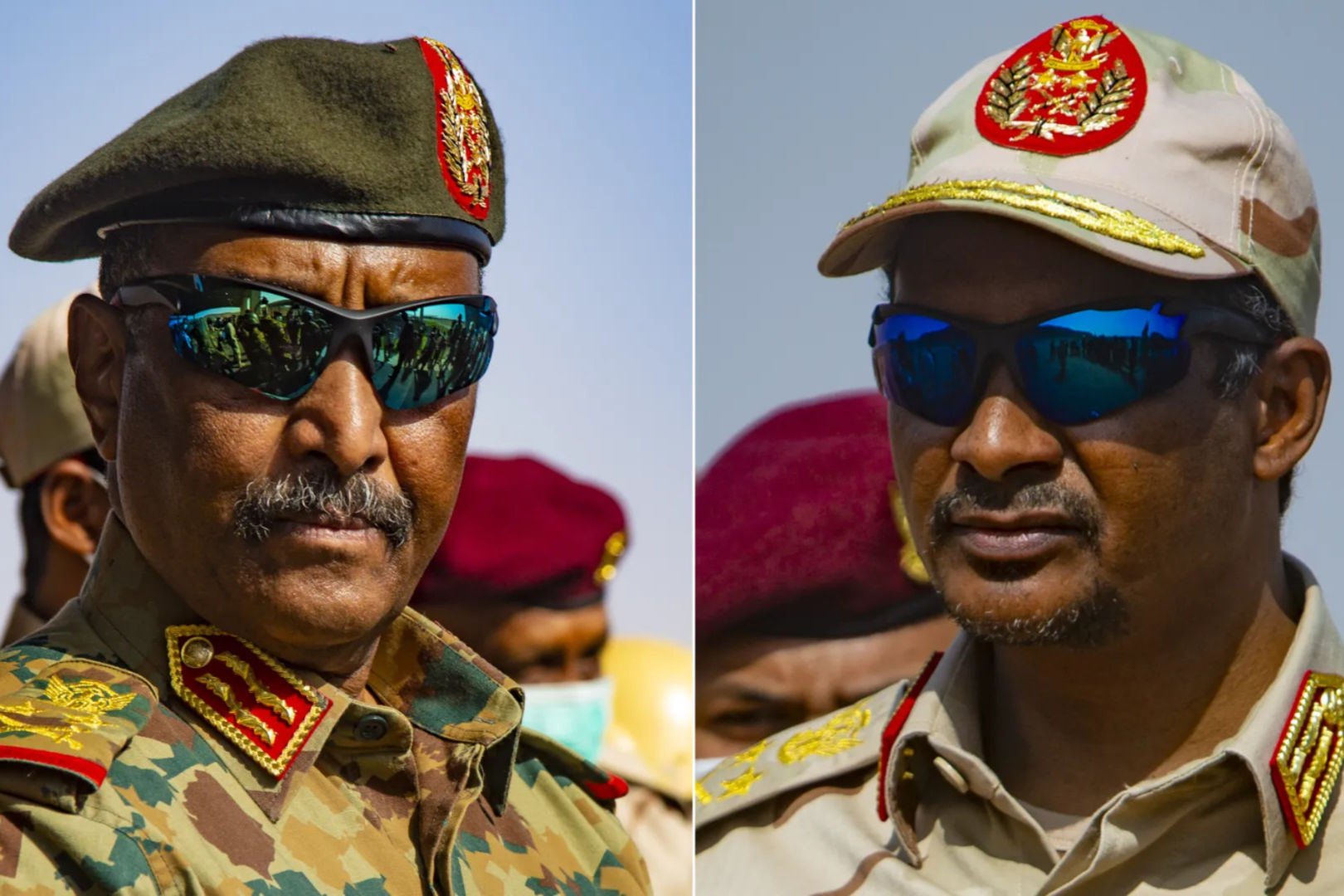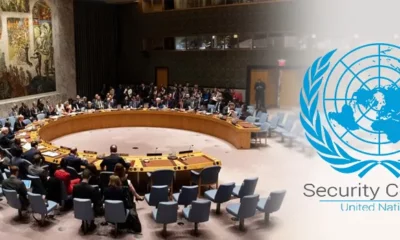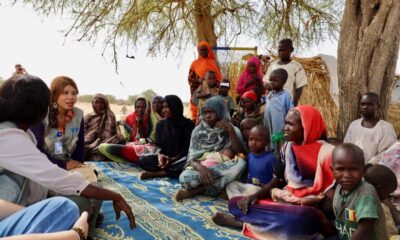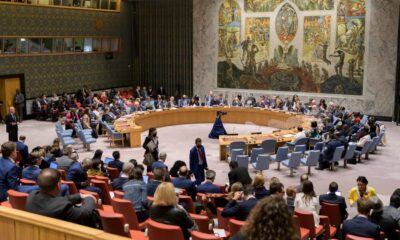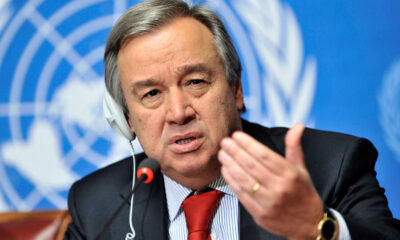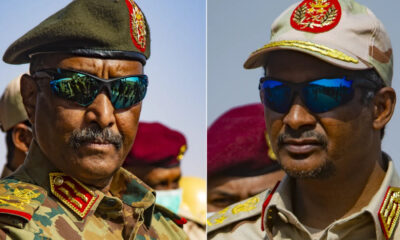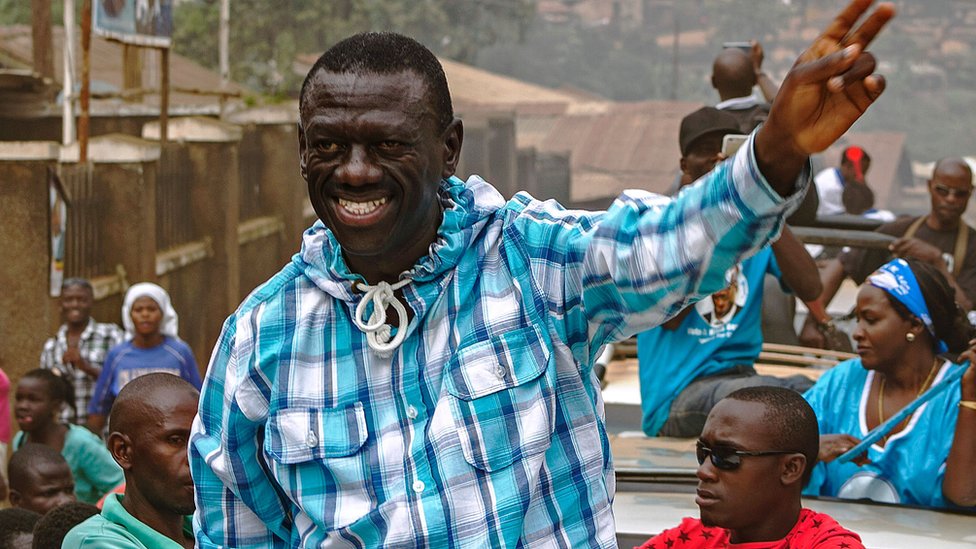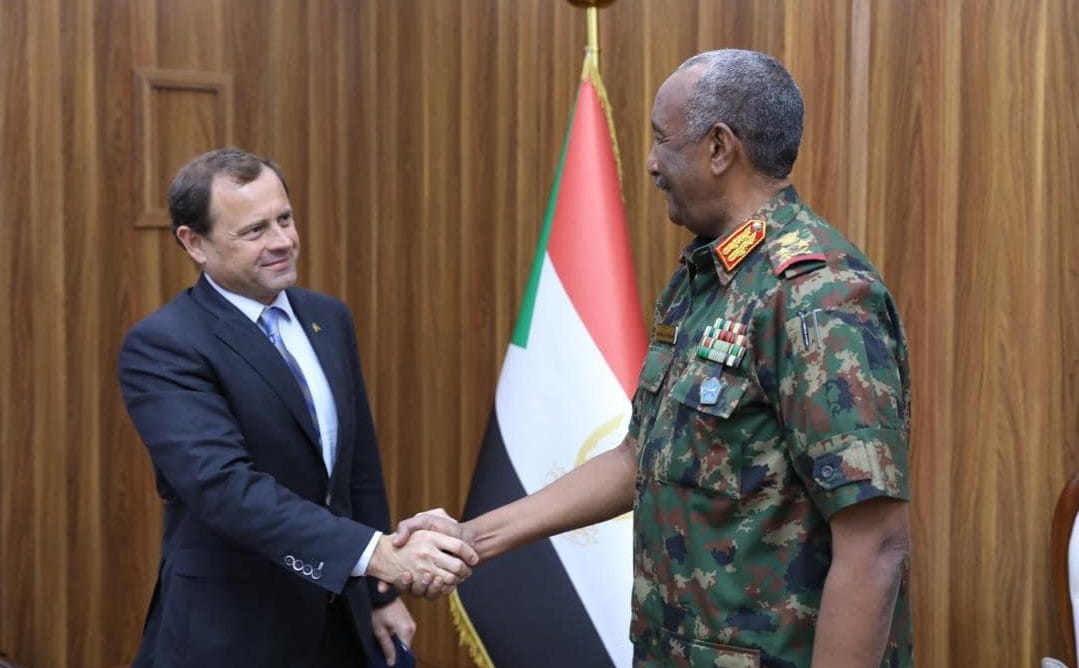The United States special envoy to Sudan has made his first trip to the African nation, hoping to bring an end to a horrific war and boost relief to millions of people in need.
After being appointed Washington’s ambassador to Sudan in February, Tom Perriello visited Port Sudan, the army-led government’s de facto capital on the Red Sea coast.
For the first time since the evacuation of the U.S. embassy in April 2023 due to the conflict between the Sudanese Armed Forces and the paramilitary Rapid Support Forces (RSF), a top U.S. official visited the nation.
“We feel an enormous amount of urgency to end this crisis and to ensure that we can … help to get food and medicine and life-saving support to the 20 million people plus that are in need,” a State Department official said before the trip.
Over 25 million people, or half of Sudan’s population, require help, according to the U.N., as hunger has spread to one area and over 11 million people have abandoned their homes.
Sudan’s sovereign council stated in a statement that Perriello spoke with tribal, government, and humanitarian figures in addition to Abdel Fattah al-Burhan, the country’s army head.
During what the council described as a “lengthy, comprehensive, and frank” discussion, the two men talked about how to provide humanitarian help and how to end the war through a political process.
“The U.S. envoy presented several suggestions which the head of the sovereign council agreed to,” the statement said.
Although the army declined to join U.S.-mediated peace negotiations in Geneva earlier this year, the meetings did obtain commitments from the warring parties to increase access to aid.
A power battle between the army and the RSF preceded a planned shift to civilian government, which is why the conflict broke out more than a year ago.
Perriello discussed “the need to cease fighting, enable unhindered humanitarian access, including through localized pauses in the fighting to allow for the delivery of emergency relief supplies, and commit to a civilian government,” a State Department statement said.
“Right now, I think there’s a key opportunity to build on the expansion of humanitarian aid,” the State Department official stated, emphasising the need for relief corridors to the most battle-ravaged areas, such as al-Fashir, Sennar, and parts of the capital Khartoum, even though the U.S. would continue to pursue a more comprehensive ceasefire and negotiations.
Last Monday, Sudan’s sovereign council announced that it would prolong the temporary opening of the Adre border crossing with Chad. According to relief organisations, this crossing is essential for delivering food and other supplies to famine-prone portions of the Darfur and Kordofan regions.
An RSF official stated at a press conference in Nairobi that while they were still amenable to peace, they had doubts about the army’s readiness.
“They do not listen to any language but that of the rifle, and so we will continue to talk to them in the language they understand,” said Brigadier General Omar Hamdan.

 Metro1 day ago
Metro1 day ago
 Sports1 day ago
Sports1 day ago
 Culture1 day ago
Culture1 day ago
 Politics1 day ago
Politics1 day ago
